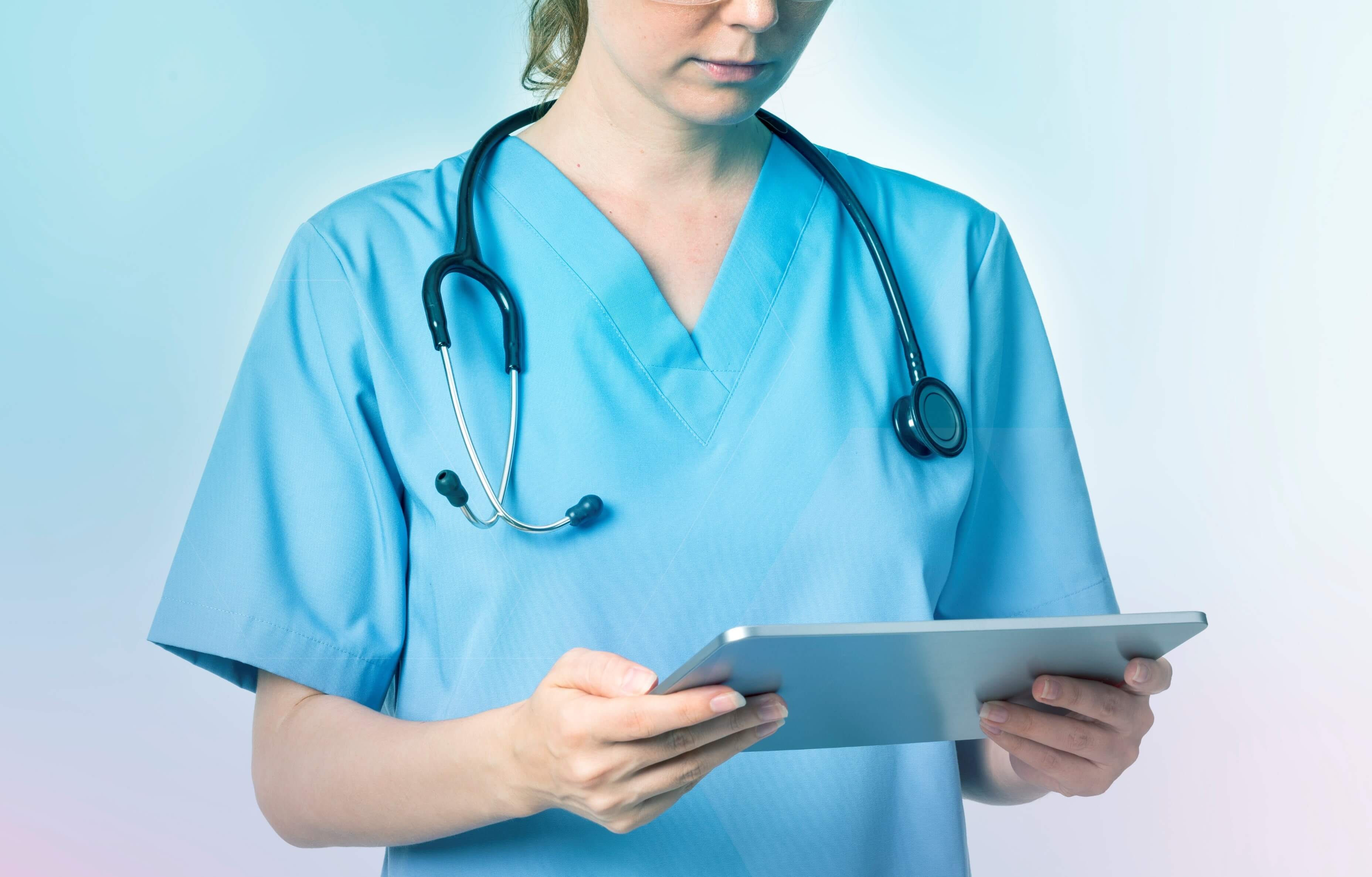Nursing is the most compassionate line of work, but it is also a science. Being able to survive nursing school is proof that you have what it takes to handle the demanding academics. More so, the delicate aspects of the nursing profession.
A nurse should prioritize tech literacy if they want to be the best nurse they can be because technology and medicine have always gone hand in hand. Developing your tech literacy should be your first priority as a nurse looking to improve the level of care you give your patients.
The Role of Tech Literacy in Nursing Leadership
Nurses are not only educators and caregivers, they are also leaders. Learning how to use technology effectively can help you advance in your field. The ability to provide the same high standard of care in the telehealth domain as you do in a physical clinical setting is made possible. An example would be the development of a broad leadership and technical skill set.
Additionally, engaging in advanced research is made possible by developing strong technical skills. This is beneficial for nurse leaders. This might, for instance, entail the capacity to gather and analyze enormous amounts of crucial data using technology. Then to use the analysis to develop evidence-based nursing care procedures. This can result in enhance patient outcomes and experiences.
Increase Patient Safety
Patient safety is improved also. This is because health information systems can synthesize patient data in addition to storing and displaying it. This enables the programming of security checks like in prescribing medications. Moreover, the ability to centrally store all of a patient's data, including lab results, medical imaging, and more. This can also help prevent expensive errors that can occur when not all necessary data is available when making decisions.
Supporting Patient Education and Engagement
When you work as a nurse, you are more than just a comforter and caregiver. Every nurse is aware that one of the most important facets of their job is patient education. Nurses are in a unique position to assist patients with patient education on important topics. Examples of these are disease prevention and management, as they serve as the patient's primary advocate and point of contact.
Technology is also one of a nurse's most important tools for promoting health literacy. For instance, nurses can communicate with patients one-on-one via email or confidential video conferencing. They can create digital documents for a clinic's website. It can address common patient health concerns or host remote seminars and online patient education events to help spread health and wellness information to the general public.
Lower Operating Costs
Health institutions can strategically allocate resources and save a lot of money, effort, time, and supplies. Thanks to information technology systems. Technology systems, in addition to staffing arrangements, can enable better supply management. With the aid of information systems, inventory, refrigerator contents, equipment check-outs, and countless other things can be monitored, viewed, and updated in real time.
The use of technology is integral to nursing practice. Technical proficiency is more important than ever for providing high-quality patient care. Nurses who are tech literate are better able to reach and care for the most vulnerable patient populations. It supports the nurse's initiatives to improve patient health literacy, including their understanding of digital health, which can shield them from potentially harmful online health misinformation. Tech literacy is also a crucial element of nursing leadership, allowing future nurses to excel in their field as knowledgeable, skilled, and versatile professionals.
Browse nursing jobs, articles, and videos











